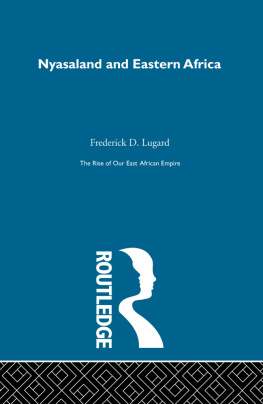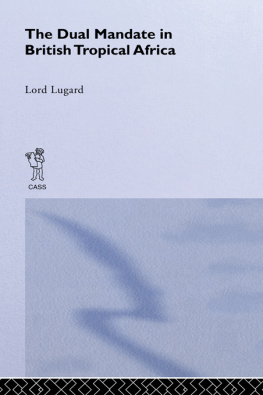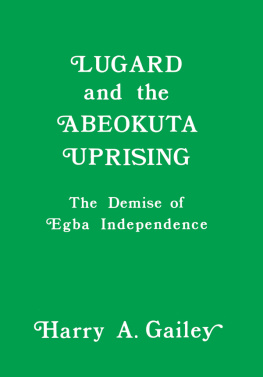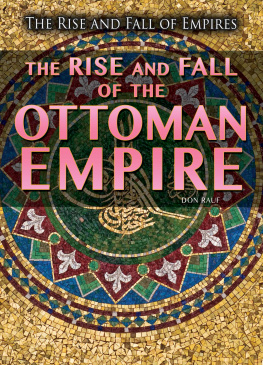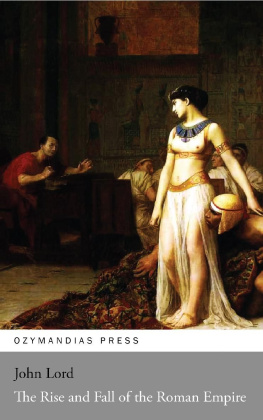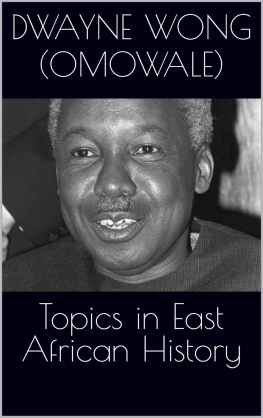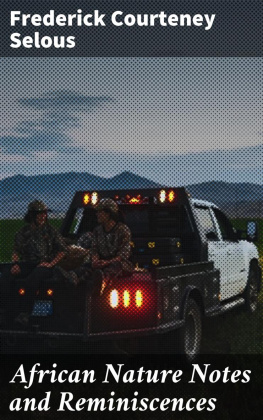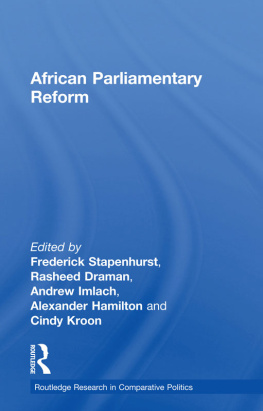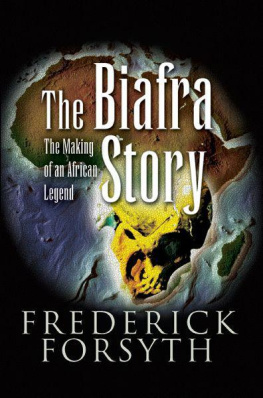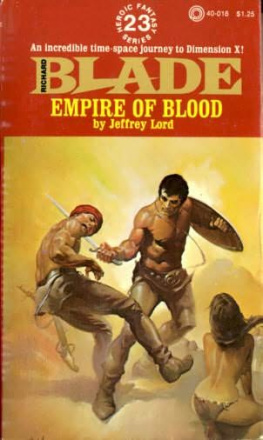U GANDA and East Africa have recently excited such a widespread interest, that I venture to hope my humble attempt to record the story of past endeavours, and my earnest effort to throw some light upon the questions which remain for solution regarding their future administration and capabilities, will meet with the approval of those who have shown so strong an interest in their fate.
Her Majestys Government have lately sent a Commission of Inquiry to Uganda ; and I hope that the account contained in these pages of the series of events which led to the political situation which Sir Gerald Portal was sent to examine, may be read with some interest in conjunction with his report. At the present time, moreover, when we have already declared a protectorate over Nyasaland and Zanzibar, and it is not beyond the bounds of probability that East Africa and Uganda may before long share the same advantages, the various problems which present themselves for solution in these infant empires in East Africa demand our most serious attention. Since there is no specialist attached to the mission who can furnish an authoritative report on the capabilities of the soil and climate for various agricultural products of commercial valueon the animal fodder, &c.I venture to hope that my own observationsalbeit not those of an expertmay under the circumstances be of some use.
My aim, therefore, in these volumes, has been not so much to set forth a narrative of personal adventure, sport, and travela species of writing with which the public has been regaled by those who have far more to tell than Ibut rather to place before thinking men subjects of more serious concern, both to ourselves in our dealings with Africa and to the subject races for whose welfare we have made ourselves responsible.
The rapid increase of population, the closing of the hitherto available outlets for emigration and for industrial extension, as well as of the markets for our goods, and the sources of supply of our needs, indicate that the time is not far distant when the teeming populations of Europe will turn to the fertile highlands of Africa to seek new fields for expansion. It is possible, therefore, that British Central and British East Africa may be the embryo empires of an epoch already dawningempires which, in the zenith of their growth and development, may rival those mighty dependencies which are now the pride of the Anglo-Saxon race. It behoves us, then, to take heed to the small beginnings of these great things, and in laying the foundations, to ensure that the greatness of the structure shall not suffer from lack of realisation on our part in the present.
There are many who have seemed to look on Africa as merely a field for romance and adventure as a great blank continent on which explorers or adventurers were free to write their own names in capital letters. With the last decade of the nineteenth century I trust that a new era has dawned for the African, and a new conception of our duties with regard to him has dawned upon ourselves. If these pages shall make it clearer what those duties are, and if the suggestions (which I offer with diffidence) shall to some extent be found feasible and worthy of acceptance, my aim in writing these volumes will be accomplished and my ambition fulfilled.
I well know, of course, that the views which I have expressed may be open to dissent. I have had, however, the privilege for many years of enjoying the friendship of Sir John Kirk, than whom no living man knows more of these matters, and of the Rev. H. Waller, and others who have devoted their time and attention to African affairs. I have, so far as time has permitted me, endeavoured to collate the opinions of well - known writers, such as Gordon, Livingstone, Speke, Grant, Baker, and more modern travellers, and, where possible, I have quoted my authority. Above all, I have had the great advantage of going into these questions myself on the spot, and hearing the views of others in Africa itself.
I would plead for the indulgence due to the first literary attempt of one whose life has been more full of action than of leisure. This must stand as my apology for defects of style and lack of literary merit. Those who have lived year after year in the surroundings of civilisation can hardly appreciate, perhaps, the effect of a total exclusion from all sources of literature. For some sixteen years my life has been a series of wanderings on service in the field, in various parts of India and in Africa, far from libraries, and often even from periodical literature.
Nor have I the presumption to suppose that a book which has extended to the length of the present volumes will be read consecutively through from cover to cover, except by a very few. I hope, however, that with the assistance of the index, upon which special care has been bestowed, those who are interested in any one of the various problems to which I have alluded (commerce, labour, transport, administration, slave - trade, missions, &c.) will be able with little trouble to refer to such portions of the book as may have a special interest for them. Others who may be concerned in the religious controversy which has arisen regarding the treatment of the sects in Uganda, or in the narrative of travel, the war against the slavers in Nyasaland, or in sport, the domestication of the African elephant, &c., will, I trust, find something of interest on each of these subjects in the following pages, and pardon, the inclusion of matter outside the sphere of their own individual sympathy.
In the mere narrative of travel, I have endeavoured not so much to describe the ethnological characteristics or the social peculiarities of the peoples of AfricaI have even omitted the chapter on the customs and traditions of the Waganda and neighbouring countries,for these have been again and again exhaustively described by such writers as Burton, Livingstone, Schweinfurth, Junker, Speke, and many others : I have rather attempted, with perhaps indifferent success, to present a view of Africa and its people, and of the life of the European in that country, which will convey a distinct conception to the reader, and enable him to conjure up a mental picture of daily life in Africa, and the round of daily work or travel. For it has often seemed to me that travellers have been so engrossed with the stirring events in which they have borne a part, that they have given prominence to these, to the exclusion of the petty and daily incident ; and that, writing long after the conclusion of their travels, when such daily routine had become familiarised to their minds by constant habit, they have presupposed an elementary knowledge of the nature and features of the country and its people, and of the modes and





